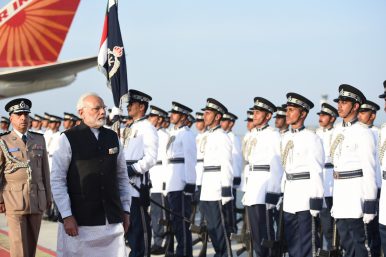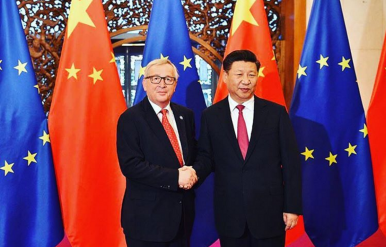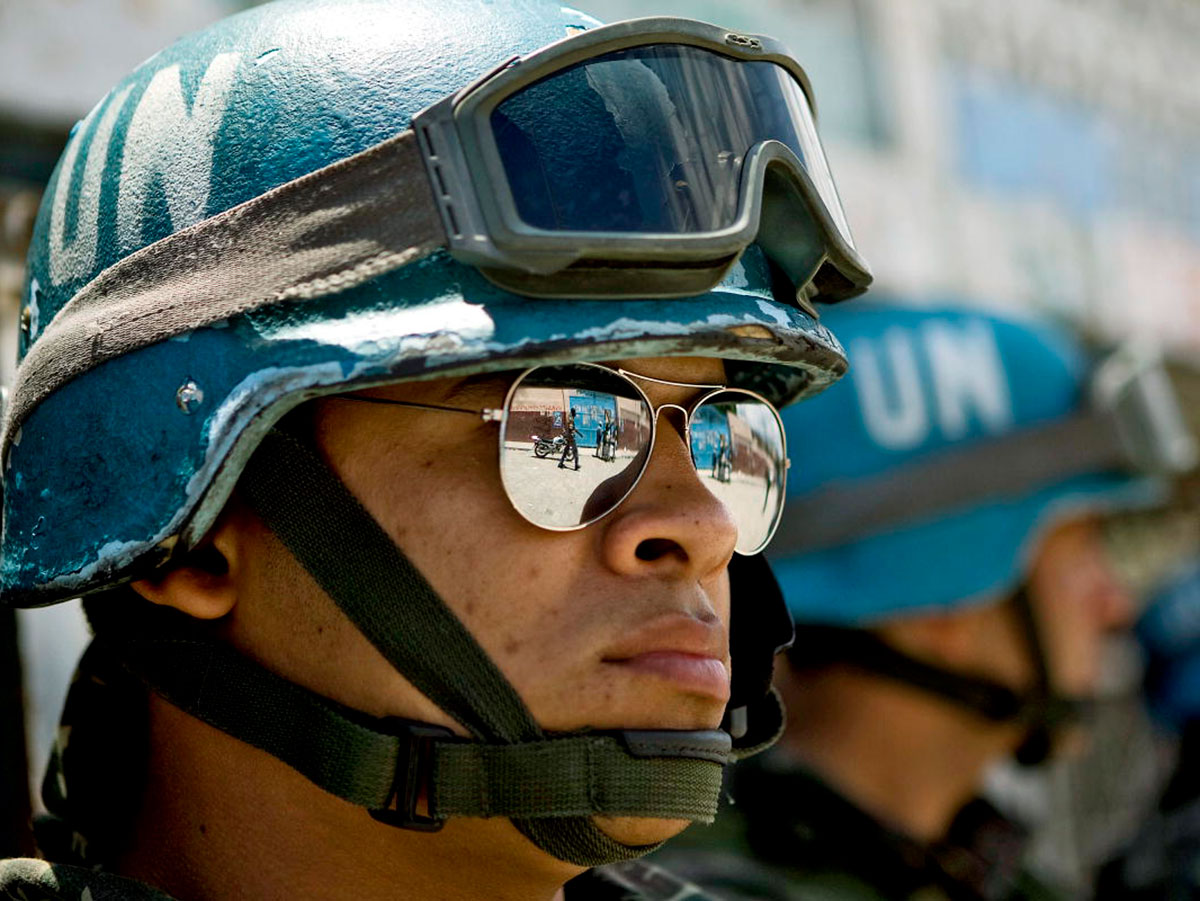MANOJ JOSHI
At first sight, there is nothing wrong with Foreign Secretary Vijay Gokhale’s request to the Cabinet Secretary requesting him to send out a directive asking senior government officials to stay away from events aimed at marking the start of the Dalai Lama’s 60th year of exile, in particular a large public event in New Delhi on 1 April. India has, for long, insisted that it permits the Dalai Lama refuge in India on humanitarian grounds and also because of his revered status as a religious leader. The Tibetans, the government of India insists, are not permitted to carry out any political activity in the country. Attending the 60th year celebrations may or may not qualify for this, but the government is within its rights to advise its officials.












/arc-anglerfish-arc2-prod-mco.s3.amazonaws.com/public/RVJYY5TMTZDFNKJ2TJJRA36L4Y.jpg)
/arc-anglerfish-arc2-prod-mco.s3.amazonaws.com/public/NP4NSISG2FEPZL2XR7R24GPCWI.jpg)
/arc-anglerfish-arc2-prod-mco.s3.amazonaws.com/public/ZYIVGEBIPNHEBNHZV6WLVVRJ5A.jpg)
